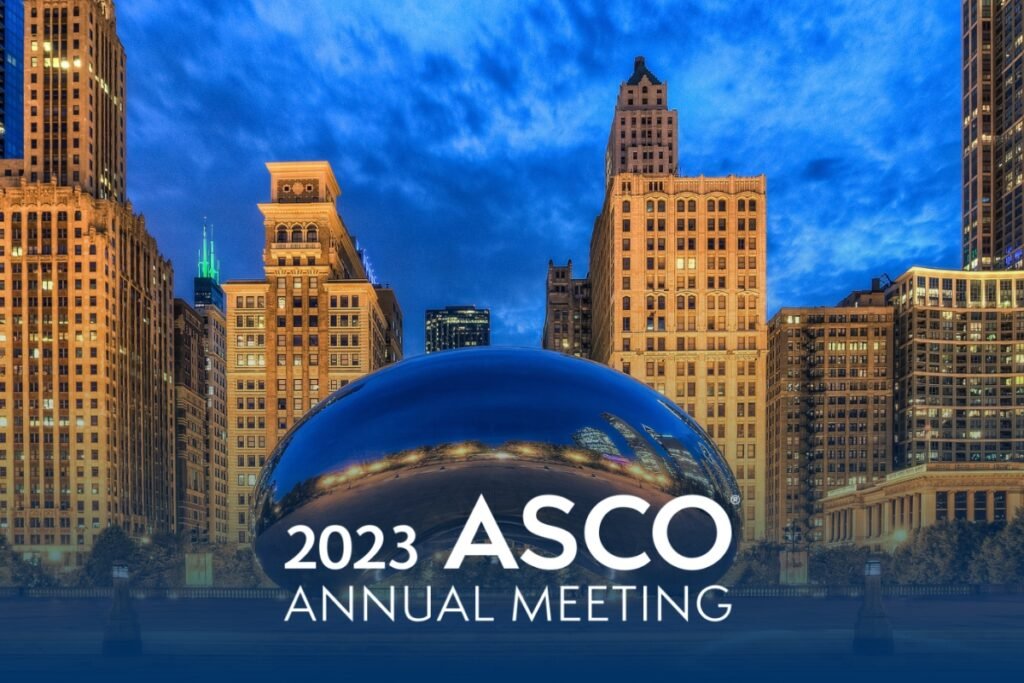The initial findings from the important TRANSCEND CLL 004 study, which is evaluating the use of BREYANZI (lisocabtagene maraleucel) in adults with relapsed or refractory chronic lymphocytic leukemia (CLL) or small lymphocytic lymphoma (SLL), have been revealed in ASCO 2023. This Phase 1/2 study, involving multiple medical centers and conducted with an open-label, single-arm approach, has shown promising results at a median follow-up of 21.1 months. The primary analysis demonstrates that BREYANZI has achieved a statistically significant complete response (CR) rate, which was the main goal of the study, in 18.4% of patients in the group analyzed for efficacy (95% CI: 8.8-32; p=0.0006). Notably, among those patients who achieved a complete response, there were no instances of disease progression or deaths observed, and the duration of response has not yet reached a median value.
TRANSCEND CLL 004 marks the first major study that examines the use of a CD19-directed CAR T cell therapy for CLL patients who have experienced relapse or refractory disease following treatment with a BTK inhibitor (BTKi) and a BCL2 inhibitor (BCL2i). The presented data will be delivered through an oral presentation during the upcoming 2023 American Society of Clinical Oncology (ASCO) Annual Meeting, scheduled for June 6 at 10:45 a.m. EDT (Abstract #7501).
“For people living with relapsed or refractory CLL or SLL after treatment with BTKi and BCL2i-based regimens, there is no standard of care treatment. Achieving deep and lasting remission in this situation is challenging as most patients experience disease progression despite continuous treatment,” said Tanya Siddiqi, M.D., lead investigator and Associate Professor, Division of Lymphoma, City of Hope National Medical Center. “The durable complete responses observed with liso-cel in the TRANSCEND CLL 004 trial are remarkable and represent a major step in bringing a personalized, T-cell-based treatment approach delivered as a one-time infusion into clinical practice for a complex and historically incurable disease.”
“Results from TRANSCEND CLL 004 reinforce our relentless commitment to bringing the potential of CAR T cell therapy to more patients and transforming the treatment and outcomes for a broad range of hematologic malignancies,” said Anne Kerber, senior vice president, head of Cell Therapy Development, Bristol Myers Squibb. “Breyanzi has shown clinically meaningful benefit across the broadest array of B-cell malignancies of any CD19-directed CAR T cell therapy and we remain dedicated to advancing innovative treatments for some of the most difficult-to-treat diseases with high unmet need.”
The outcomes of this study hold significant importance as there is a pressing need for effective treatments for patients with relapsed or refractory CLL or SLL, particularly those who have seen their disease progress after undergoing a BTKi and BCL2i treatment. These individuals often have high-risk disease characteristics and face poor outcomes, with limited overall survival. Current treatment options are typically unable to provide complete responses, and the duration of response is often short-lived.
The TRANSCEND CLL 004 trial included a diverse group of patients with relapsed or refractory chronic lymphocytic leukemia (CLL) or small lymphocytic lymphoma (SLL) who had a significant unmet medical need. These patients had received at least two prior lines of therapy, including a BTK inhibitor (BTKi). The primary efficacy analysis set (PEAS) focused on patients who had experienced disease progression after BTKi treatment and failure of BCL2 inhibitor (BCL2i) regimens. This subset of patients represented a population with advanced and aggressive disease and received the intended dose of 100 x 106 CAR-positive viable T-cells of Breyanzi.
The study demonstrated high rates of undetectable minimal residual disease (uMRD) in patients treated with Breyanzi. The uMRD rate was 63.3% in the blood and 59.2% in the bone marrow. Achieving uMRD was associated with improved progression-free survival. The overall response rate (ORR) was 42.9%, and the median duration of response was 35.3 months. These positive outcomes were consistent between the PEAS and the broader patient population, which included heavily pretreated patients with a median of five prior lines of therapy and high-risk disease. The complete response rate in this population was 18.4%, indicating the significant clinical benefit of Breyanzi for a wide range of patients with relapsed or refractory CLL or SLL.
Regarding safety, Breyanzi demonstrated a manageable safety profile in all treated patients, including heavily pretreated subgroups. No new safety concerns were identified. Cytokine release syndrome (CRS), a potential side effect, occurred in 84.6% of patients, with Grade 3 CRS observed in 8.5% of patients. No Grade 4 or 5 CRS events were reported. Neurologic events (NE) of any grade were reported in 45.3% of patients, with Grade 3 NE reported in 17.9% of patients, and one case (0.9%) of Grade 4 NE reported. No Grade 5 NE events were reported.
Source: Bristol Myers Squibb





























